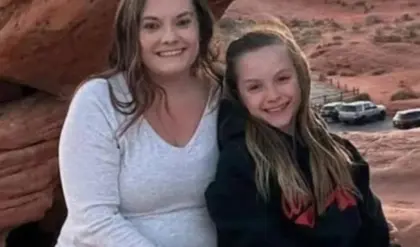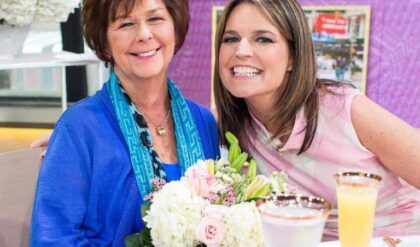Jodie Foster has always seemed uncomfortable in the spotlight. Considering she began her career in Hollywood at a very young age, the actress rarely does interviews outside of promoting her films, and in recent years has spent more time behind the camera than in front of it.
That is set to change with the premier of Season 4 of True Detective, which stars Foster as Detective Liz Danvers, with the Max series having become one of the streaming platform’s biggest draws. While she may have seemed absent from acting for a little while, the reality is Foster has long paved the way for women in lead acting roles in studio pictures, laying the groundwork for this highly-anticipated tv role.

While Meryl Streep is often considered the greatest living actress — consider a few factors: for one, Foster has been consistently doing great work throughout the lulls in Streep’s career. Another factor is the amazing work Foster did in the ’70s, nominated for Best Supporting Actress in 1977 as a 13-year-old in Taxi Driver, with her Best Actress Oscar coming an astonishing 15 years later for arguably her greatest role ever as Clarisse Starling in Silence of The Lambs. The ground-breaking actress has not only become an LGBTQ+ icon for her work, but established herself as one of Hollywood’s great directors on her way to an illustrious career, with some of her greatest roles being largely forgotten thanks to the risks she opted to take, rather than becoming a more commercially viable actor.
The following are 10 roles that prove Jodie Foster may be the greatest actor of her generation.
10Tallulah in Bugsy Malone

1976 was the year Jodie Foster established herself as one of Hollywood’s greatest young talents, acting in five films, including Bugsy Malone, Freaky Friday and her award-nominated role in Taxi Driver. Bugsy Malone was perhaps the most age-appropriate, casting Foster as a flapper named Tallulah in a film that set a Chicagoland gangster epic within an all-kid cast. Foster had already shown hints of her talent, but she towered above her young co-stars, acting with a beyond-her-years poise that may have been aided by working with Martin Scorsese and Robert De Niro only months before.
9Dede Tate in Little Man Tate
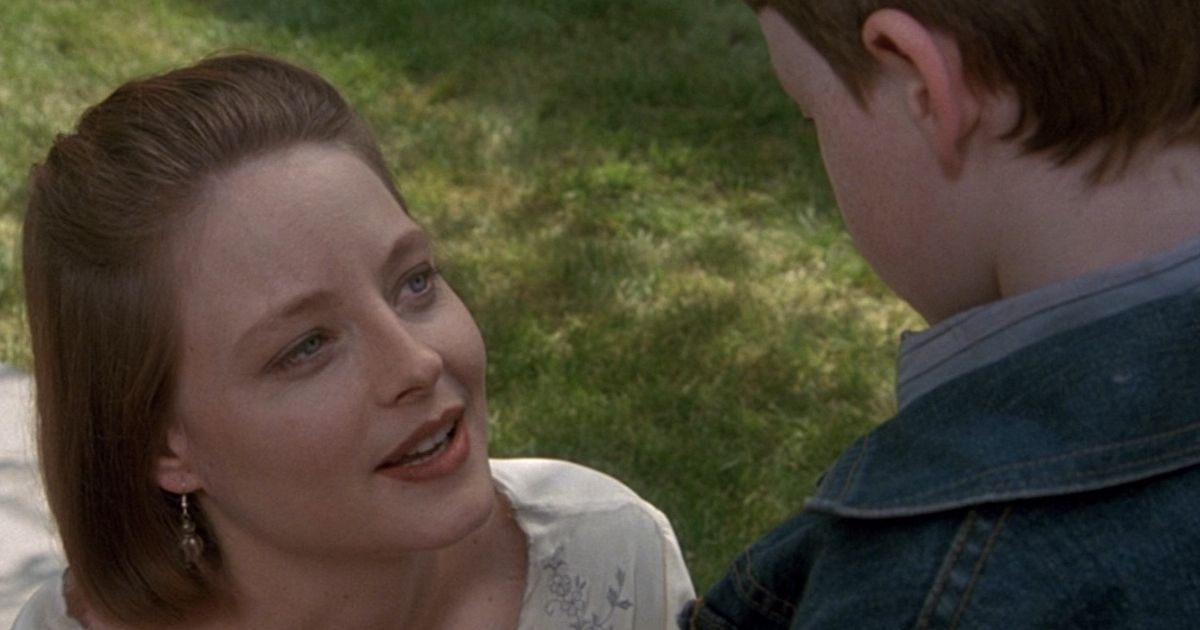
Little Man Tate is an oft-forgotten film of the child prodigy genre that became prevalent in the ’90s. Searching for Bobby Fischer remains the most remembered, but in retrospect, Foster’s remarkable directing talent and role as Dede Tate, a blue-collar single mom trying to raise a savant son, is one of the most multi-faceted performances in these types of films, exposing a renewed appreciation for Foster’s acting, as well as being a memorable directorial debut. In the film, the working single mother of a boy genius is faced with forces trying to exert their will over her son, hoping to mine his incredible intelligence for their own purposes. The film has become a sidenote in her career, but was important for helping Foster get her chops as a director, a pursuit that ultimately became the priority in the last 20 years or so.
8Dorrie in Shadows and Fog
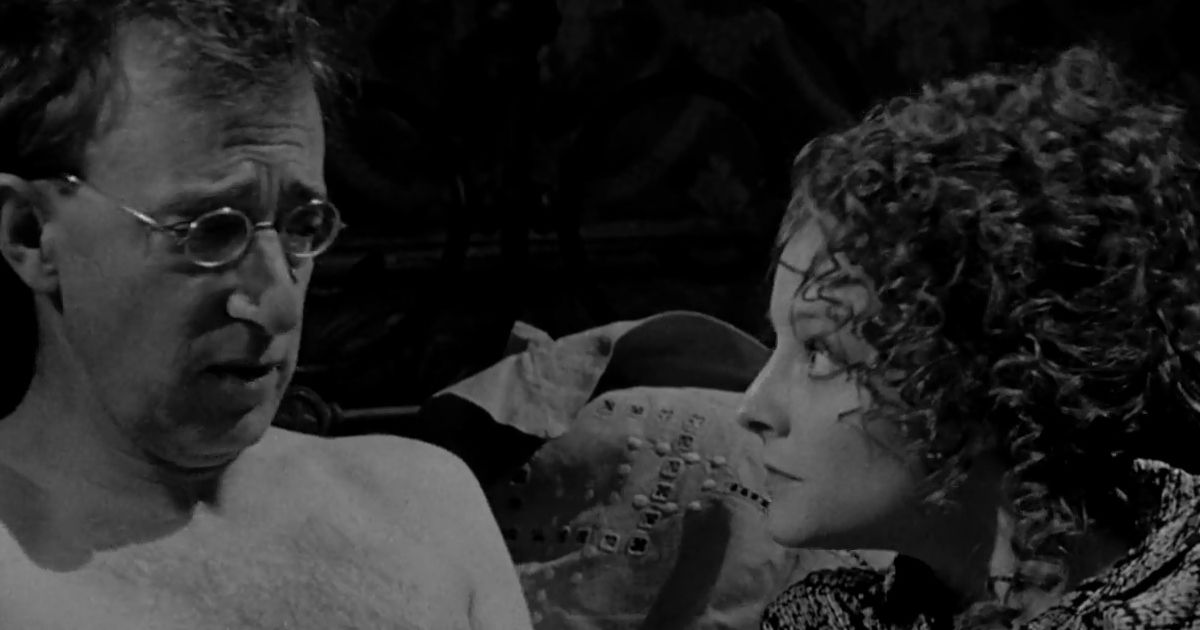
Shadows and Fog was one of Woody Allen’s biggest flops of the ’90s, and rightfully so, save for a standout performance by Jodie Foster as Dorrie. Foster proved, a year before her Oscar-winning performance in Silence of the Lambs, the diversity of her acting range by appearing in the Allen film, which saw her playing a prostitute in a brilliant role that first exposed her feminist bent to the world, lampooning the Johns that her and her colleagues must dispassionately attend to. Foster outshined a table full of generational actresses including Kathy Bates and Lily Tomlin, diametrically opposing the masculine conceit of a Woody Allen film long before the power of such a performance was truly understood. As ironic as it seems today, in the early ’90s acting in Allen’s films was a proving ground for mainstream actresses playing against type for the director’s indie comedies.
7Jeanie in Foxes
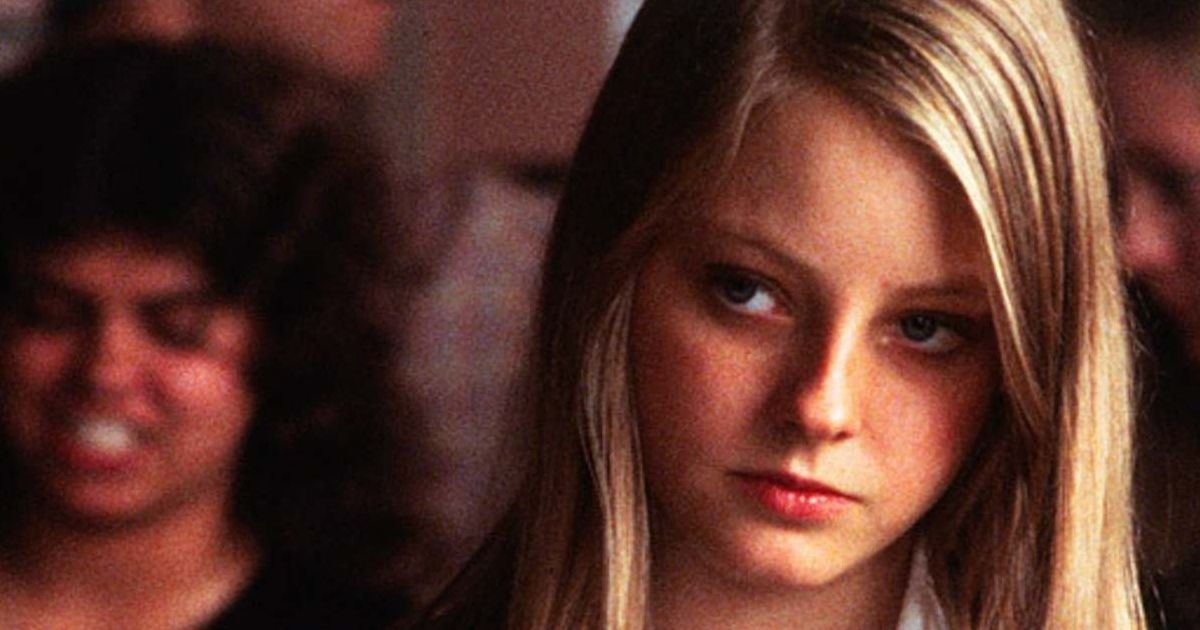
Foxes caught Foster and director Adrian Lyne in their ascendence at the turn of the ’80s, with the latter becoming famous for his psychological thrillers towards the end of the decade. Before that, he made this tender coming-of-age film, reuniting Foster with Scott Baio, her co-star from Bugsy Malone. Foster captures teenage disaffection perfectly in the film as Jeanie, the neglected daughter of largely absent parents. Lyne utilized Foster’s intense dramatic presence to create a film that speaks to the anxieties of adolescent women who suddenly experience the death of a close friend. To that point, Foster had acted more in roles that belied her age, but proved here she was just as comfortable exposing the fragility of youth.
6Meg Altman in Panic Room
-1.jpg)
Panic Room saw director David Fincher turning towards more mainstream fare, giving Jodie Foster a mandate of living up to her Oscar-winning performance in Silence of the Lambs in this, her first thriller since that Oscar-winning performance. She filled her own shoes admirably, living up to the needs of a high-intensity role as Meg Altman that saw her use cunning to overcome the efforts of a group of home invaders. Foster’s talent is often unjustly forgotten, and every decade or so she gives us a performance that shows she bleongs on the acting Mt. Rushmore. Panic Room fits squarely in that category.
5Madeleine White in Inside Man
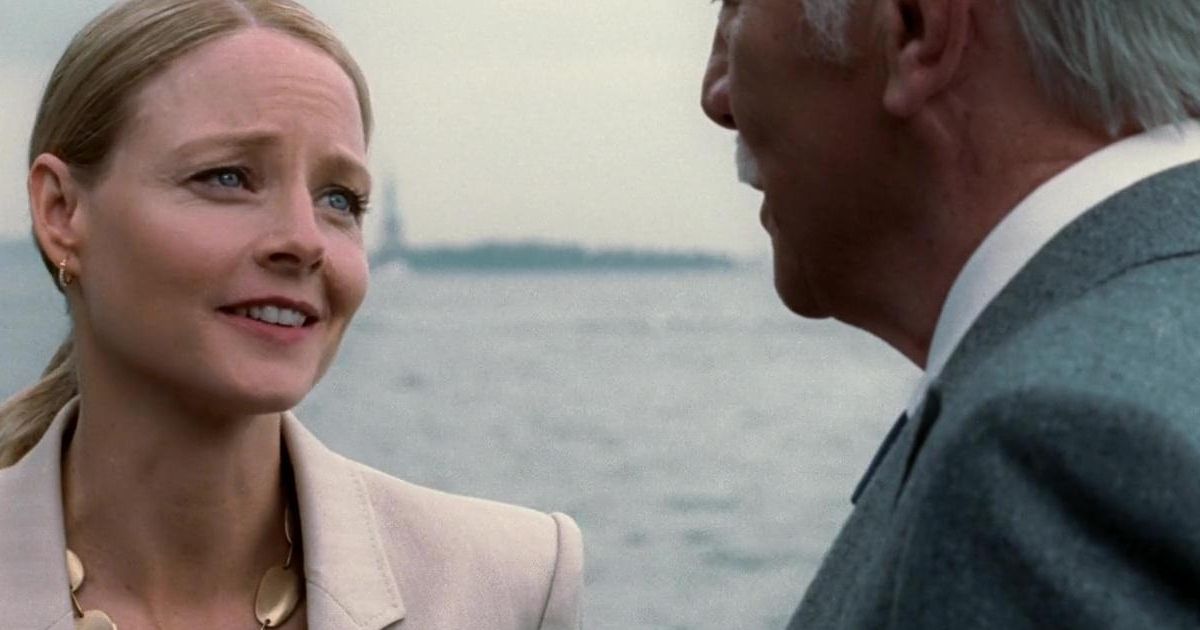
Foster illuminated a rare villainous role as fixer Madeleine White in Inside Man, playing a shrewd consultant hellbent on maintaining damage control for banker Arthur Case, who holds the film’s biggest secret. Foster mentally outmuscles her male counterparts in the film, as a seen-it-all character always thinking one step ahead of those who’d seek to destroy her employer. She makes a perfect adversary for Dalton Russell (Clive Owen) a would-be bank robber more concerned with exposing treachery than securing a jackpot. Foster’s scenes of dialogue opposite Owen make for the film’s most cerebral moments, that blur the lines between hero and villain. Foster has always eschewed gender norms in her roles, and the bravado of Madeleine White reinforced her willingness to inhabit a character devoid of cynicism and incapable of bs.
4Dr. Ellie Ann Arroway in Contact
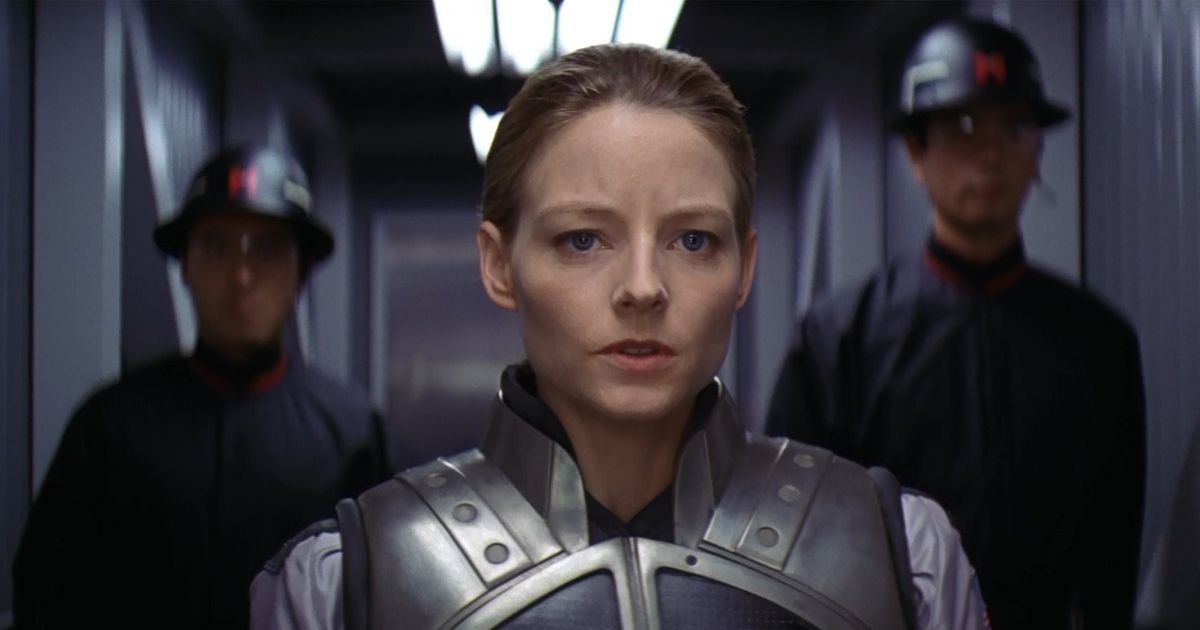
Carl Sagan’s incredible science fiction novel Contact was adapted for this epic, Robert Zemeckis-directed film. The source work called for an incredibly strong female lead to play Dr. Ellie Ann Arroway, an intrepid scientist who only could’ve been played by Foster. The film’s sprawling, existential scope sees Dr. Arroway make first contact with an alien species that sends her instructions to build a machine for intergalactic travel, along the way confronting her relationship with her deceased father while forging a romance with Palmer Joss (Matthew McConaughey), who questions her motivations for communicating with beings from another world. The film showed what a perfect audience avatar Foster could be, as we experience her excitement and terror at exploring distant realms of space and the mind.
3Audrey in Alice Doesn’t Live Here Anymore
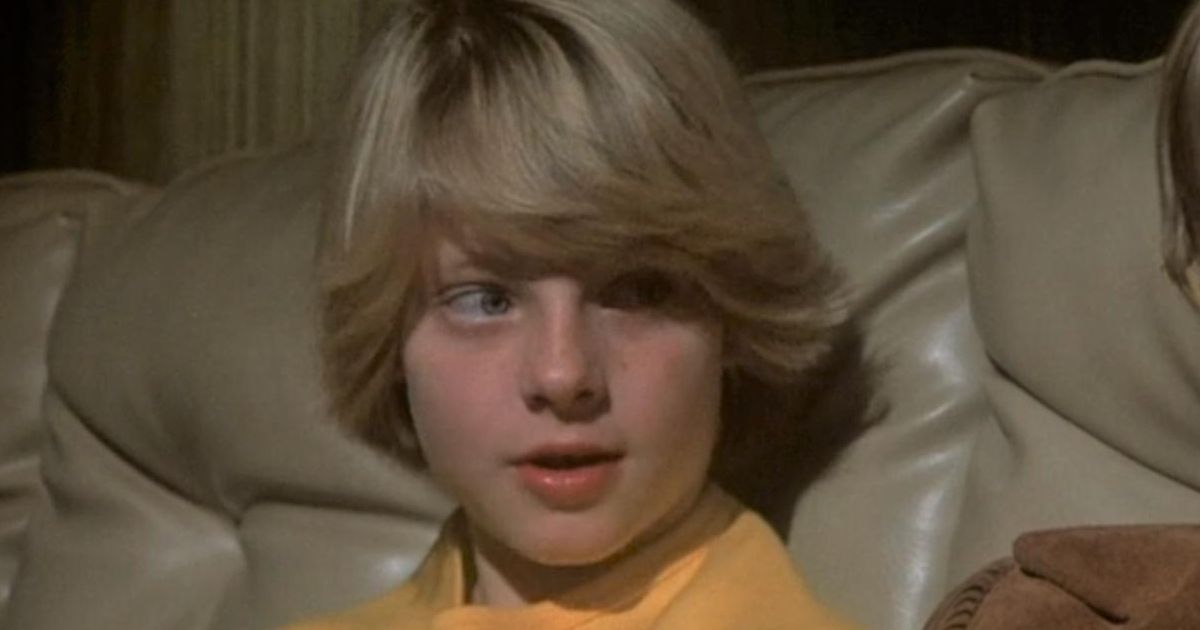
Possibly Martin Scorsese’s most-forgotten film, Alice Doesn’t Live Here Anymore, saw Foster in her first collaboration with the director, at the tender age of 11. Foster plays Audrey, a tomboyish young musician with beyond-her-years street smarts, acting with incredible poise that became one of the film’s more memorable attributes. It also helped Foster land a much more important role for Scorsese two years later with Taxi Driver. In retrospect, the role can be viewed through the prism of Foster later becoming an LGBTQ+ icon, which the film touches on at a time when discussing these themes in film was largely taboo.
2Iris Steensma in Taxi Driver
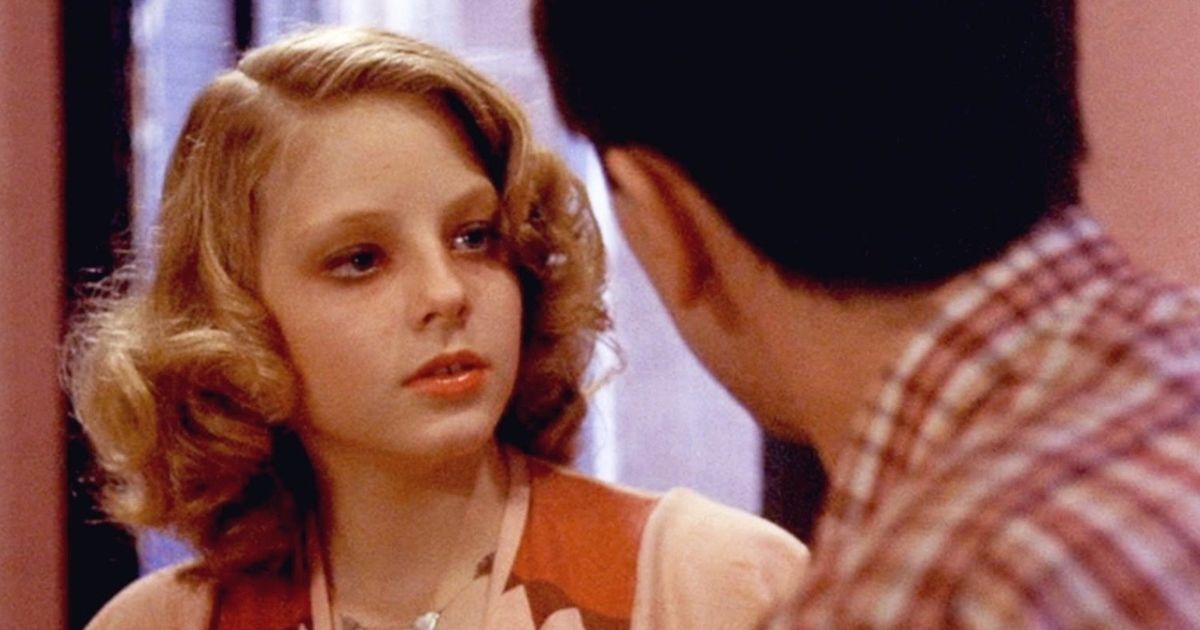
One of the great prodigal roles in the history of 20th Century filmmaking, Foster took an even bolder step towards early adulthood when she matched a young Robert De Niro tit-for-tat with an arresting performance as a child sex worker in Taxi Driver. The character, Iris, provides a twisted balance to Travis Bickle’s unhinged aggression and insecurity, creating another street-smart character whose poise reigns in the chaos of the men attempting to control her. For her efforts, she almost joined Tatum O’ Neal as the youngest actress ever to win a Best Supporting Actress Oscar, igniting a career that could not be denied after she proved her acting craft could surpass seasoned actors more than twice her age.
1Clarisse Starling in The Silence of the Lambs
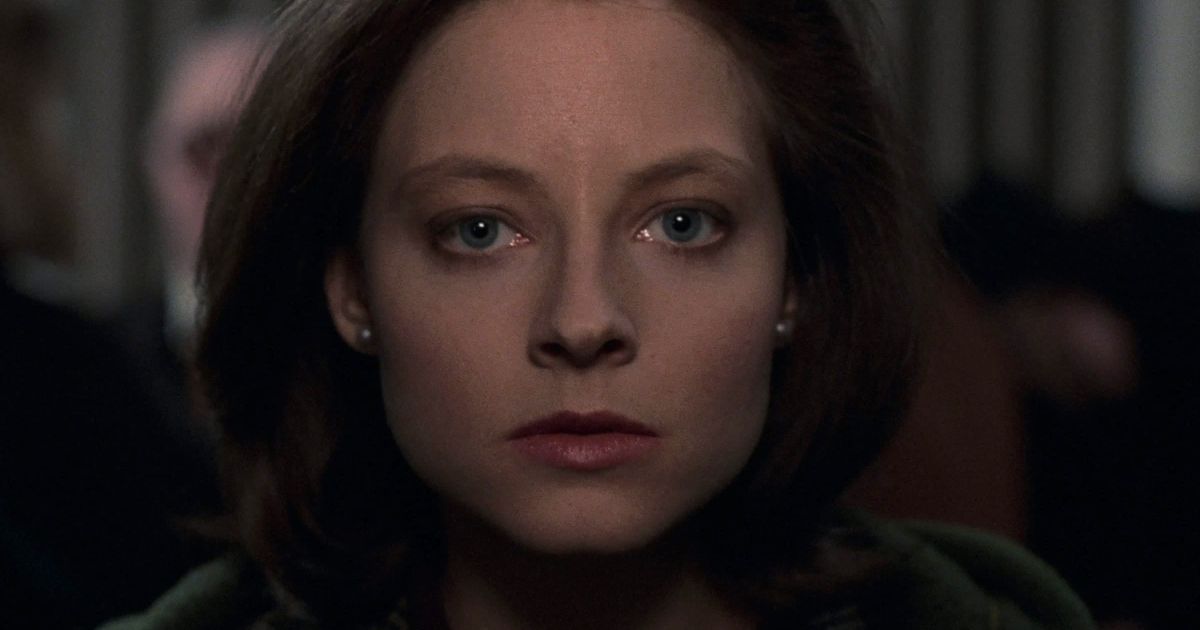
The Silence of the Lambs remains one the films most-engrained in the collective consciousness of movie audiences, even 30 years after it set Hollywood on fire and nearly swept the Oscars. Forgotten is the enormously deep field that Foster beat out for her Best Actress award, a testament to the immense gravitas and tightly honed acting craft she brought to the role. Foster was tremendously diplomatic in delivering her Oscar speech, already a Hollywood insider who cared more about paying tribute to director Jonathan Demme and Anthony Hopkins, as well as the women who preceded her in innovating acting in dramatic roles at a time when men still ruled Hollywood. The role is as captivating today as when it was released, an artifact of a bygone era when an adapted thriller could draw as many an audience as a superhero film. For her part, Foster elevated herself to arguably the greatest actress of all time.


